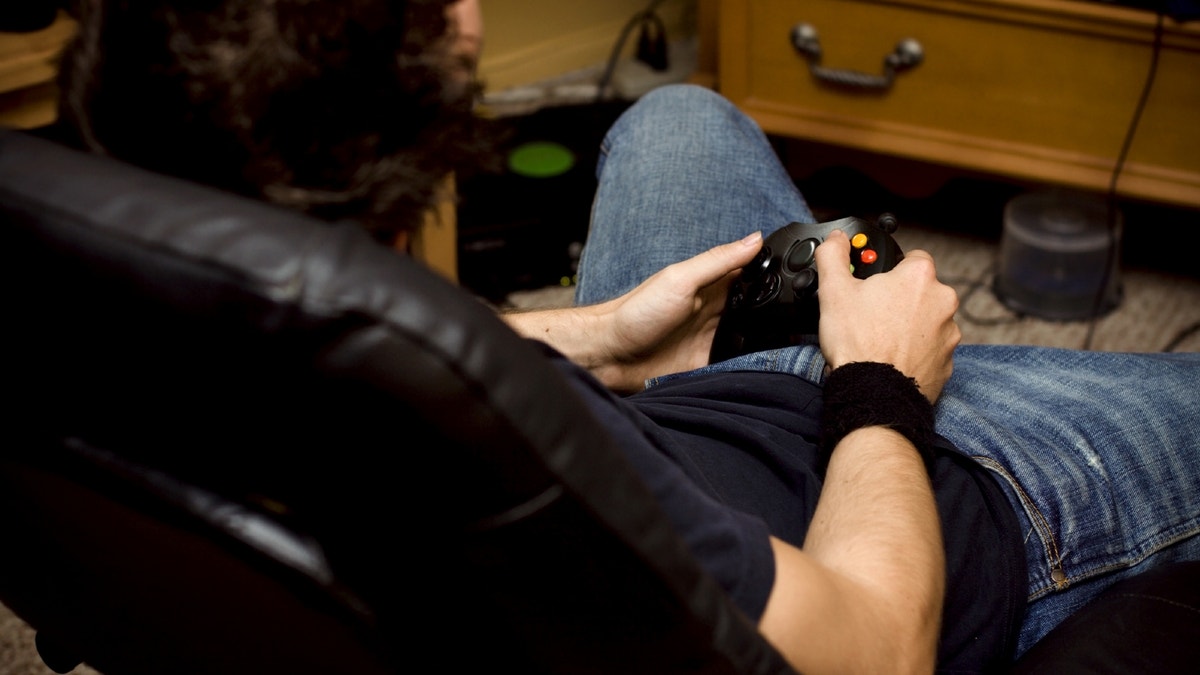
NEW YORK – Overweight kids might benefit from swapping their traditional video games for "active" ones that get them off the couch, a new study suggests.
The study, of 322 overweight 10- to 14-year-olds, found that those whose usual, sedentary video games were partly replaced with active games gained less weight over six months.
For years, experts have worried that the growing amount of time children are spending in front of TVs and computers is helping to feed an epidemic of childhood obesity.
And the researchers on the new study say they are not advocating more video gaming.
"Rather, we say if kids are going to play these games, then we encourage the active types," lead researcher Ralph Maddison, of the University of Auckland in New Zealand, told Reuters Health in an email.
Guidelines from the American Academy of Pediatrics and other groups urge parents to limit children's "screen time" to no more than two hours per day.
And Maddison agreed that less screen time should be the goal.
But, he added, if a child is already into video games, replacing at least some of them with active varieties, like Nintendo Wii and Sony EyeToy "exergames" is one step parents can take.
"Kids enjoy video games and the technology is not going away," Maddison said. "Therefore parents may have more luck promoting active games rather than trying to stop their children playing the more sedentary form."
For their study, reported in the American Journal of Clinical Nutrition, Maddison and his colleagues recruited overweight kids who already spent at least two hours a week on their Sony PlayStation, none of it devoted to active games.
Half of the children were randomly assigned to stick with their usual games, while the rest were given EyeToy exercise games.
In the present study, Sony provided the software. The Sony EyeToy camera costs roughly $20 on its own. The games can cost $15 to $20 and up. The camera and games are useless without the Play Station, however, and that costs about $300. A Nintendo Wii system costs upwards of $150 on Amazon.com.
After six months, kids who stayed with sedentary games had gained between 2 and 3 pounds, on average. Those who played active games showed no change in their average weight.
The difference was small, Maddison said. But, he added, that lack of weight gain is consistent with what's recommended for still-growing children who are overweight.
A researcher not involved in the work said the study was well done.
But the effects of the active video games were "rather modest," said Jean-Philippe Chaput, who researches obesity and lifestyle at the Children's Hospital of Eastern Ontario Research Institute in Ottawa, Canada.
"We cannot prescribe active video games as a way of losing weight," Chaput told Reuters Health.
"I'd like to see kids spending more time outdoors," he said. "Just by being outside more, we spontaneously exercise more."
That said, Chaput noted, children cannot always get outdoors. Some live in unsafe neighborhoods; some live in areas where winters are long and harsh.
So replacing some sedentary screen time with active video games might be worthwhile, according to Chaput.
But both he and Maddison agreed that swapping out kids' video games, or any single measure, will not solve the obesity problem.
"We find that when we target just one factor, we have very little impact in the long run," Chaput said. "The issue is much more complex than that."
He said the bottom line for parents is that they should be role models and keep up a healthy lifestyle themselves. That could include physical activities that the whole family does together.
Maddison said he and his colleagues will be studying whether active video gaming has greater effects on kids' weight when it's used along with other efforts to cut kids' overall screen time.
